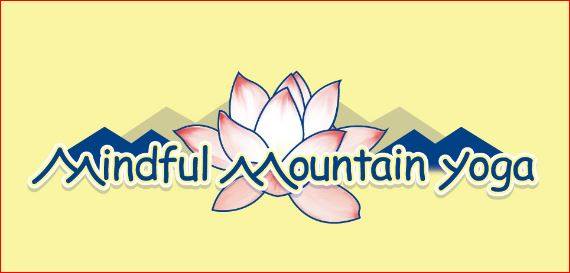About Tai Chi & Qigong
This graceful standing movement practice developed thousands of years ago, Tai Chi and Qigong class is exercise that calms our mind and strengthens our balance. The flow and shift of gentle movement centers our attention, keeping it present. The meditative aspect of our classes is key to sensing balance. Practicing Mindfulness to observe ourselves, we influence breathing, and gain control of mind and body. Balance fits us together, reaching for our natural harmony. Participation is available to a wide range of physical ability.
Qigong originated in China thousands of years ago. As practiced today, Qigong combines slow, balanced, low impact movements practiced with energetic awareness. We practice controlled breathing, concentrating on how to shift our body weight to relax our muscles.
No experience is necessary.
Additionally, private individual and private group Tai Chi classes by appointment are available at our studio or your location. Please check the Studio Classes tab on this website to inquire and sign up.
Tai Chi sequence for balance
Evidence based studies on Qigong's benefits show:
Better brain function. In a 2013 study in the Journal of Alzheimer's Disease, including 120 healthy people in China, those who practiced 3 times a week for 40 weeks showed increases in brain volume and improvements on several tests of memory and learning, compared to those not doing the exercise.
Less depression and anxiety. Practice showed positive effects on several measures of psychological well-being, including reduced depression and anxiety, and better stress management, according to a 2014 systematic review in the International Journal of Behavioral Medicine. Practice yielded significant reductions in anxiety symptoms in a 2015 review in the Journal of Evidenced-Based Complementary & Alternative Medicine.
Better balance, fewer falls. Guidelines on fall prevention in older people from the American Geriatric Society recommended practice because it targets strength, gait and balance. Research shows that Qigong improves coordination and reduces fall risk.
Arthritis relief. Six clinical trials reviewed in 2014 in the Journal of Physical Therapy Science found "strong evidence" that Qigong controls pain and improves physical function in people with knee osteoarthritis. Evidence showed improved balance and strength.
Accumulating scientific evidence suggests that both Qigong and yoga improve physical and mental health across a wide range of health statuses. Increasingly popular in America, these therapeutic activities combine physical movement with heightened awareness of the body in the present moment. This is the “mind-body union” that benefits healthy life and happiness.

